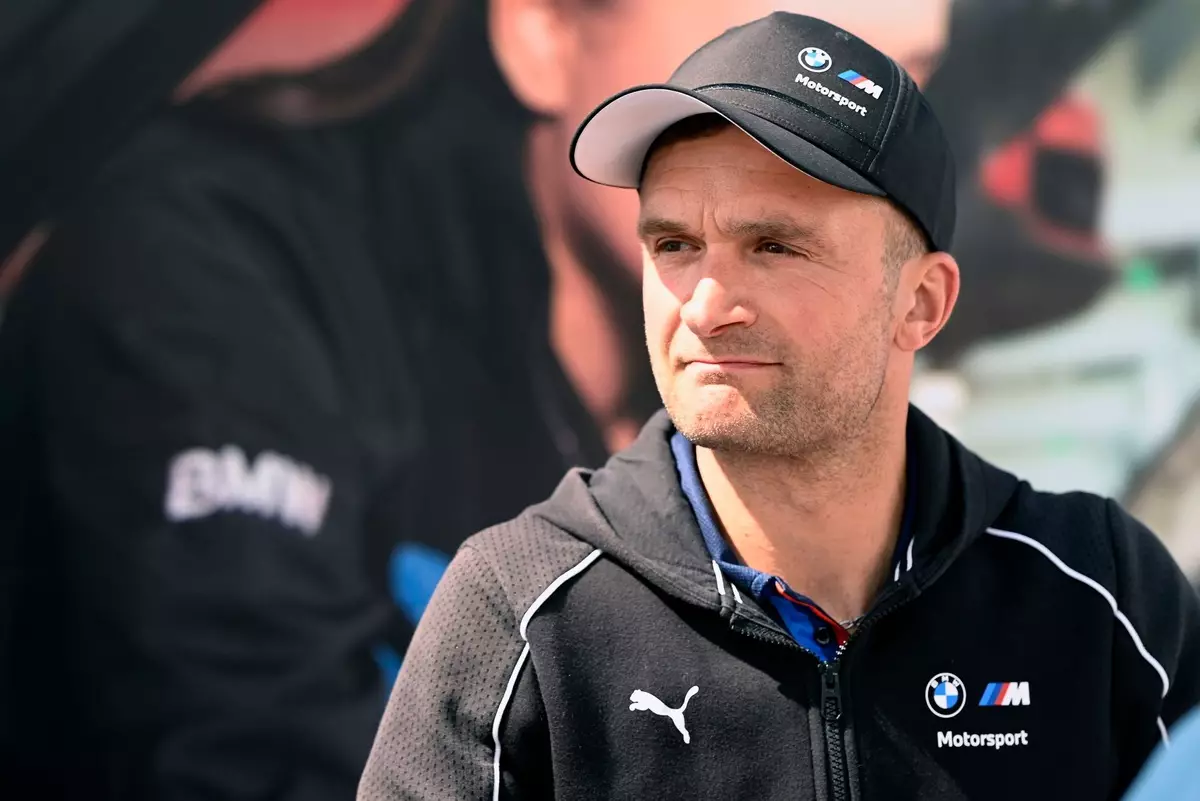Colin Turkington, a paradigm of excellence in the British Touring Car Championship (BTCC), announced his absence from the 2025 racing grid, marking a significant moment in the history of the sport. With a career that boasts four championship titles and an astonishing 72 race victories, Turkington has been synonymous with durability and talent, primarily competing with the West Surrey Racing (WSR) BMW team for eight years, and has spent nearly two decades in the series. His departure, prompted by the shifting landscape of motorsport financing and commercial dynamics, raises questions about both his illustrious career and the future of BTCC.
Turkington’s journey in the BTCC dates back to 2002, when he first competed as a young driver full of aspirations. Over the years, he became recognized not just as a formidable competitor but also as a fan favorite. His commitment to WSR made him a central figure in their success, and his strategic racing style garnered respect from teammates and rivals alike. The decision for Turkington to step back from the BTCC grid is more than just a personal choice; it reflects the broader economic pressures affecting motorsport as a whole.
The Impact of Commercial Realities
The BTCC has been no stranger to financial challenges. With teams increasingly relying on sponsorship and commercial partnerships, the dynamics of driver recruitment have dramatically shifted. In Turkington’s case, his long-term relationship with WSR was largely supported by the commercial income generated by BMW UK. As these funds have dried up, WSR is now prioritizing drivers who can bring financial backing, a trend that has unfortunately sidelined a champion like Turkington.
Dick Bennetts, the WSR team principal, articulated the essence of the situation when he stated that, despite their best intentions to maintain their partnership with Turkington, “commercial realities” led to an unavoidable impasse. This statement is indicative of a pragmatic approach to modern motorsport, where talent sometimes takes a backseat to financial viability.
In making his announcement, Turkington reflected on a career filled with exceptional moments, emphasizing the pride he feels looking back. He remarked that his decision came from “a combination of factors and feelings,” suggesting a thoughtful consideration rather than a hasty exit. The absence of bitterness in his statement highlights his professionalism; despite the disappointment, he expresses gratitude for the experiences gained throughout his extensive career.
Turkington also mentioned that he doesn’t necessarily rule out a return, though any potential comeback would likely depend on circumstances beyond his control. His connection to the sport remains strong, evidenced by his participation in various historic and classic racing events, which allows him to stay engaged with the motorsport community. Additionally, his active role in mentoring his son, Lewis, in competitor racing indicates that although he may step back, his legacy will continue through the next generation.
As Turkington departs, the BTCC stands at a crossroad. The emergence of new talents, such as reigning champion Jake Hill, and seasoned racers like Aiden Moffat are promising signs of a competitive field. However, the gap left by a four-time champion like Turkington cannot be ignored. His absence not only removes a skilled driver from the racing grid but potentially diminishes the championship’s appeal to fans who followed him throughout his career.
Moreover, with a constant demand for financial stability, BTCC teams may find themselves in a perpetual cycle of juggling talent with sponsorship demands. This situation could challenge the equal competitive spirit that has historically characterized British motorsport.
Colin Turkington’s exit from the BTCC in 2025 certainly signals the end of a significant chapter for both the driver and the championship. His illustrious career will remain a benchmark for aspiring drivers, and while he may no longer be on the grid, his spirit and influence will persist. As the BTCC evolves, it faces the ongoing challenge of balancing the commercial pressures that influence the sport’s landscape while fostering talent that captivates its audience. As we watch the new generation of drivers emerge, one can only hope that Turkington’s legacy inspires and shapes the future of this exciting series.


Leave a Reply